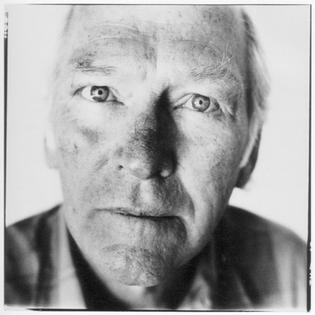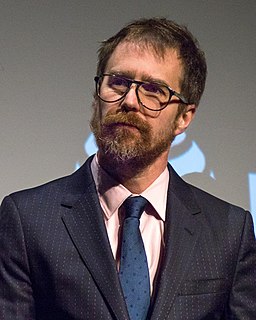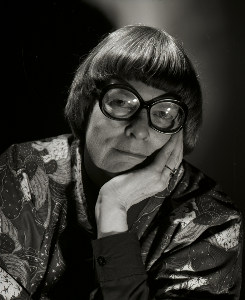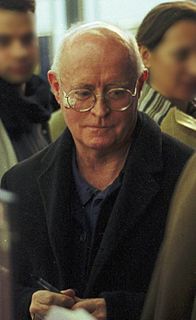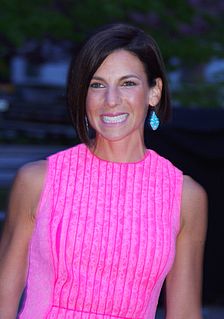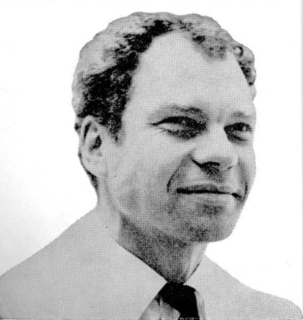A Quote by Kurt Loder
Related Quotes
There is no such thing as a language, not if a language is anything like what many philosophers and linguists have supposed. Thereis therefore no such thing to be learned, mastered, or born with. We must give up the idea of a clearly defined shared structure which language-users acquire and then apply to cases.
A language possesses utility only insofar as it can construct conventional boundaries. A language of no boundaries is no language at all, and thus the mystic who tries to speak logically and formally of unity consciousness is doomed to sound very paradoxical or contradictory. The problem is that the structure of any language cannot grasp the nature of unity consciousness, any more than a fork could grasp the ocean.
I am very sure that my children thrive on structure and need boundaries. I know my children need to know what time they are going to bed or how many more minutes until they are leaving for school, and so I have imposed a structure that allows them to know where they are all day long, every day in life.
There's no linear narrative - the structure is more like a series of variations on a theme (how identity is shaped by language), with the past constantly bleeding into the present, dreams into reality. And the language, while incredibly lyrical in places, also has this underlying dissonance, the sense of it having itself been translated.


